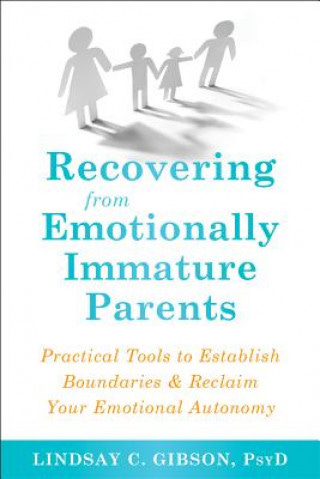You know that feeling you get when you leave a conversation with someone, the conversation where halfway through you wonder how it hasn’t been a full hour yet and you can’t quite muster the gusto to extricate yourself but you’re also dreaming of the near-future where you’re free? Yeah, that’s a sign.
This is an important place to make a caveat: not all people who drain us are toxic in some malignant sense. Perhaps it’s better to call them neutral - nice enough to have around in small doses but, in the grand scheme of things, they don’t bring much to the table for you on an emotional/energetic level.
However there are those who push us beyond our comfort zones in an unhealthy way, who ask too much of us and cross our boundaries and leave us frustrated and exhausted (and wondering how we gave them so much in the process). I had a neighbor last year who managed to catch me in the midst of my whole “Jay’s so stressed out he wound up in the hospital” debacle, who asked and asked and kept asking for more. Could I build a chair for her? Could I fix her phone? Could I store her suitcases in my storage (she had nine)? Could I… could I… could I…
Believe it or not, she was a gift in disguise.
I happened to be reading “Recovering from Emotionally Immature Parents” at the time and they gave some great advice for spotting and dealing with situations like this. When you feel overwhelmed, like you’re going to shut down and just give someone what they want to keep the peace, this is a form of dissociation. It’s a defense mechanism. Rather than dissociate, breathe, come back to yourself, take a beat. It’s their rush, their emergency, not yours (and probably not really an emergency in the first place). Set some healthy boundaries, just tell them you’ll need time to think before you respond.
There may be an overreaction to this (there probably will be). Weather it, practice a grounding exercise (like touching and feeling the hem of your pants, or focusing on your breath to remain present). Reset and repeat what you already said.
They’ll whirlwind away as if you’ve just ruined their lives. They’ll probably whirlwind their way to some other solution. They’ll very likely forget they even asked you as they look to someone else to solve their problem.
Amazingly, this worked quite well with my neighbor. And suddenly, after a couple of times saying no, she just stopped asking entirely. It wound up being far easier than I’d have guessed.
Pay attention to how people make you feel. How they get you into situations that leave you unsettled or stressed. Mark those emotions. Then figure out how to deal with them from there. “Recovering From Emotionally Immature Parents” by Lindsay Gibson is a great book for this because it also deals with Emotionally Immature People in general. Apply some practices from that and before you know it, you’ll feel like you can breathe again.
This is a special series for Jay’s 40th year. To receive all posts straight to your inbox, be sure to subscribe.











